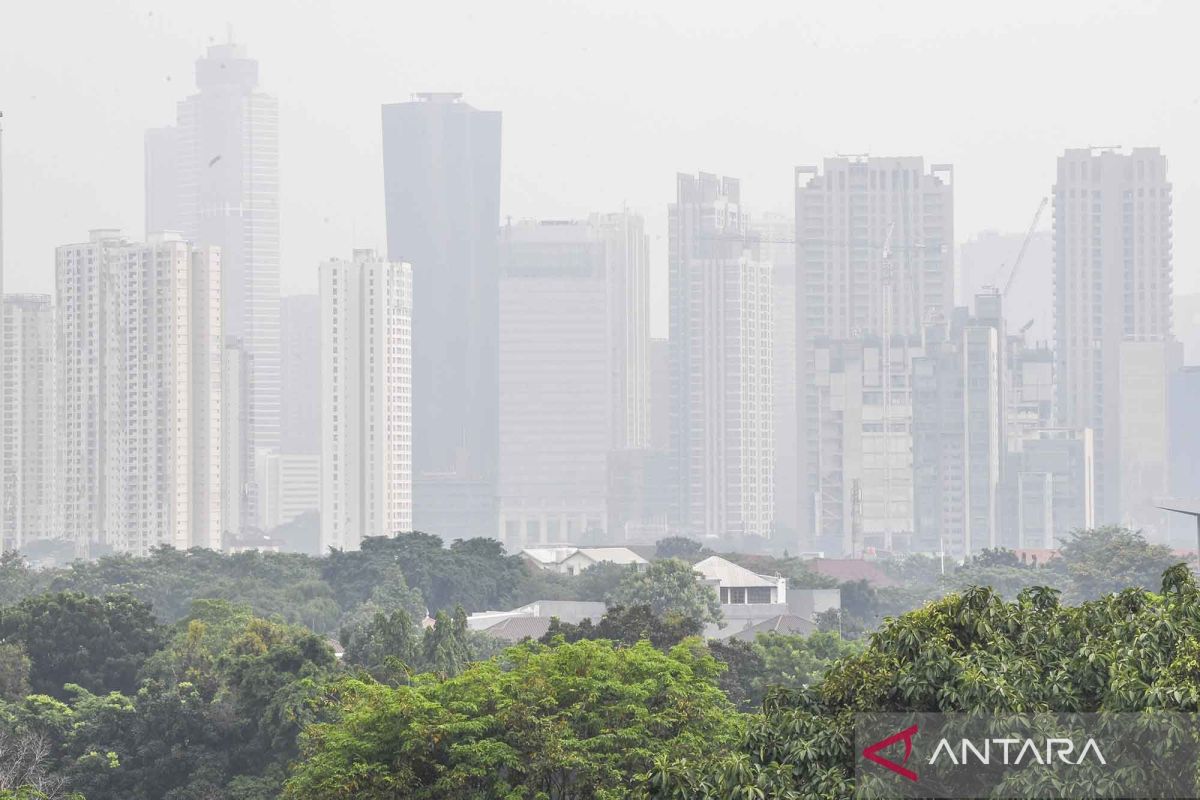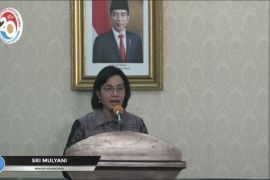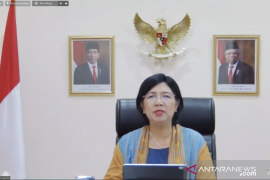"The regulation is still being perfected as the EU will implement CBAM in 2026," Coordinating Minister for Economic Affairs Airlangga Hartarto said in Jakarta on Tuesday.
He said that Indonesian industries need to prepare to shift to green energy and become clean industries, as the EU will start the CBAM transitional period in 2024.
Indonesia's carbon tax is also intended to provide an alternative to businesses for reducing carbon emissions.
In addition to the carbon tax regulation, the government has launched the Indonesia Carbon Exchange (IDXCarbon) to support the fulfillment of the Nationally Determined Contribution (NDC) by 31.89 percent through its own capabilities and 43.20 percent with international support by 2030.
"There are two carbon taxes: voluntary and mandatory. The voluntary one was just launched by the president through the carbon exchange," Hartarto remarked.
He explained that companies can opt to pay carbon tax if they do not want to buy carbon credits at IDXCarbon.
He appealed to companies whose industries produce carbon emissions to contribute to reducing emissions in Indonesia, either by buying carbon credits or by paying carbon tax.
"If their products are exported, they will be subject to carbon tax in other countries. It is better to have taxes imposed in the country than in other countries," he explained.
The carbon tax regulation is contained in the Law on Harmonization of Tax Regulations (UU HPP) and targets all businesses that produce carbon emissions.
Related news: Indonesia launches carbon exchange IDXCarbon
Related news: Carbon tax to give businesses alternative to reduce emissions: MoF
Translator: Yashinta P, Kenzu
Editor: Anton Santoso
Copyright © ANTARA 2023












